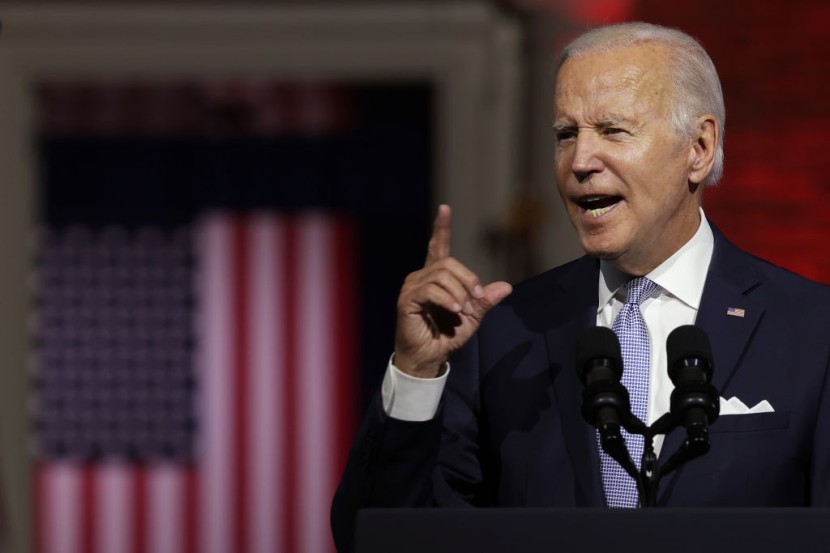It has been reported by Reuters that the United States conducted airstrikes in Iraq and Syria, targeting more than 85 sites associated with Iran's Revolutionary Guard (IRGC) and its supported militias.

These strikes, reportedly resulting in nearly 40 casualties, were carried out in retaliation for a deadly attack on U.S. troops. Utilizing long-range B-1 bombers from the United States, these strikes mark the initial retaliation for the recent attack by Iran-backed militants in Jordan. Further military operations from the U.S. are anticipated in the coming days. The strikes have escalated a conflict that has spread throughout the region since the outbreak of hostilities between Israel and Hamas following the militant Palestinian group's assault on Israel on October 7th.
Iran's foreign ministry spokesperson, Nasser Kanaani, denounced the strikes as "another adventurous and strategic mistake" by the United States, warning of increased tension and instability. Iraq formally protested the use of its territory for settling international disputes or demonstrating military force. Additionally, Iraq's Popular Mobilization Forces reported casualties among its members, including fighters and medics. In Syria, the strikes killed 23 people who had been guarding targeted locations.
What Does The United States Say?
U.S. Lieutenant General Douglas Sims, the director of the Joint Staff, stated that the attacks appeared to be successful, triggering large secondary explosions as the bombs hit militant weaponry. He acknowledged that the strikes were undertaken with awareness of potential casualties among those in the facilities. Despite the strikes, the Pentagon reiterated its reluctance for war with Iran, emphasizing a desire to avoid conflict.
Iran, which supports Hamas, has sought to stay out of the regional conflict itself, even as it backs groups that have entered the fray from Lebanon, Yemen, Iraq, and Syria - the so-called "Axis of Resistance" hostile to Israel and U.S. interests. U.S. Defense Secretary Lloyd Austin confirmed that President Biden had directed additional action against the IRGC and its affiliates, signaling the start of further response.
It was also reported by CNBC that the United States informed Iraq in advance of the strikes, as stated by the White House. However, Baghdad later accused the United States of deception, dismissing the U.S. claim of coordination with Iraqi authorities as "unfounded."
The Syrian foreign ministry criticized the United States, stating that it was exacerbating conflict in the region in a "very dangerous way."
Iran's President Ebrahim Raisi emphasized that while Iran does not seek war, it will respond strongly to any form of bullying.
Hamas condemned the U.S. strikes, asserting that Washington was exacerbating tensions.
Britain reaffirmed its support for the United States, describing it as a "steadfast" ally and endorsing its right to respond to attacks.
Polish Foreign Minister Radek Sikorski, arriving for an EU meeting in Brussels, attributed the U.S. strikes to Iranian proxies "playing with fire."









